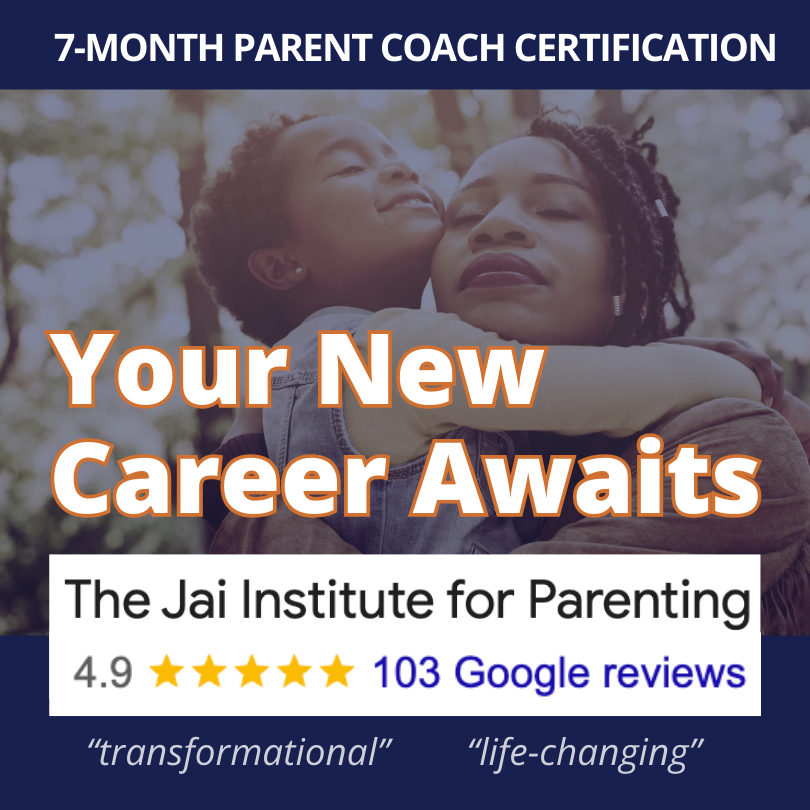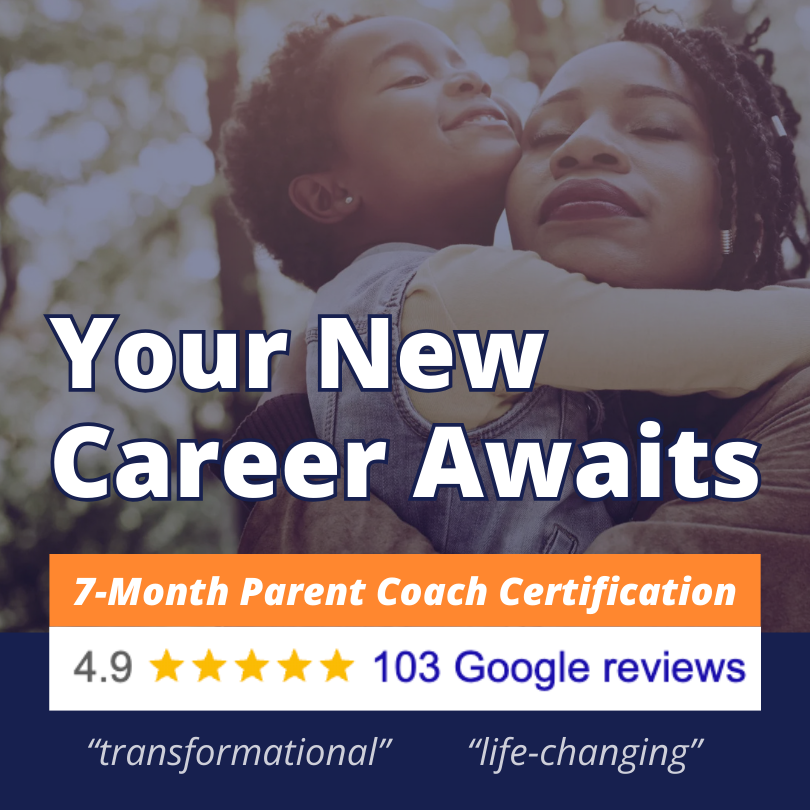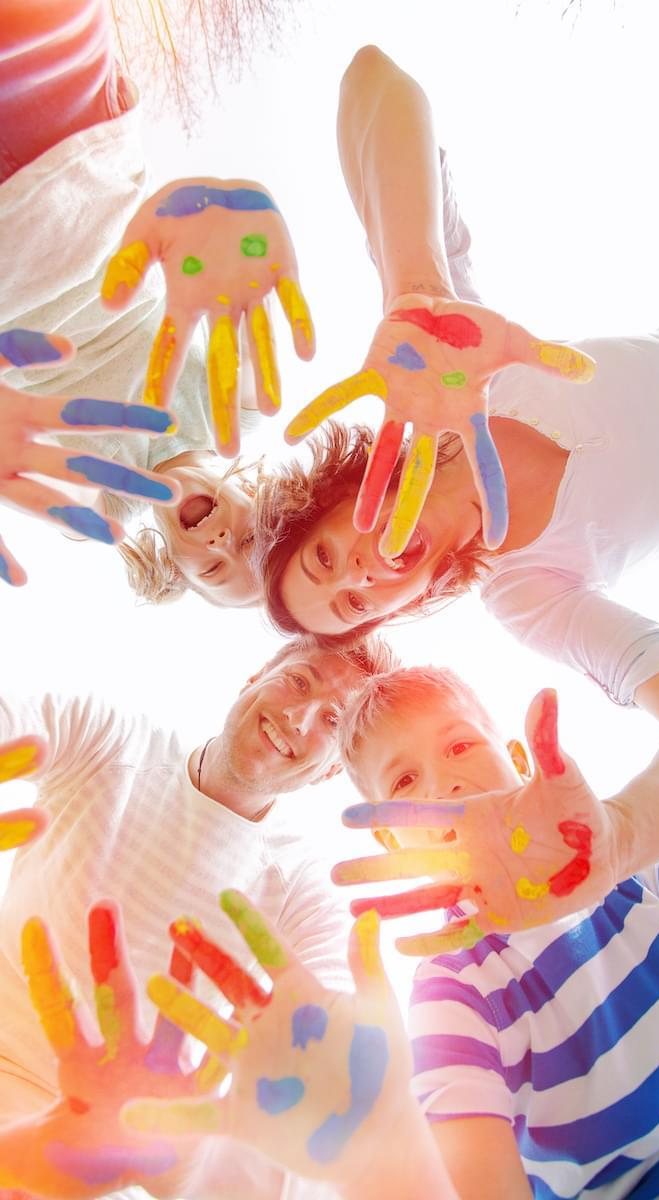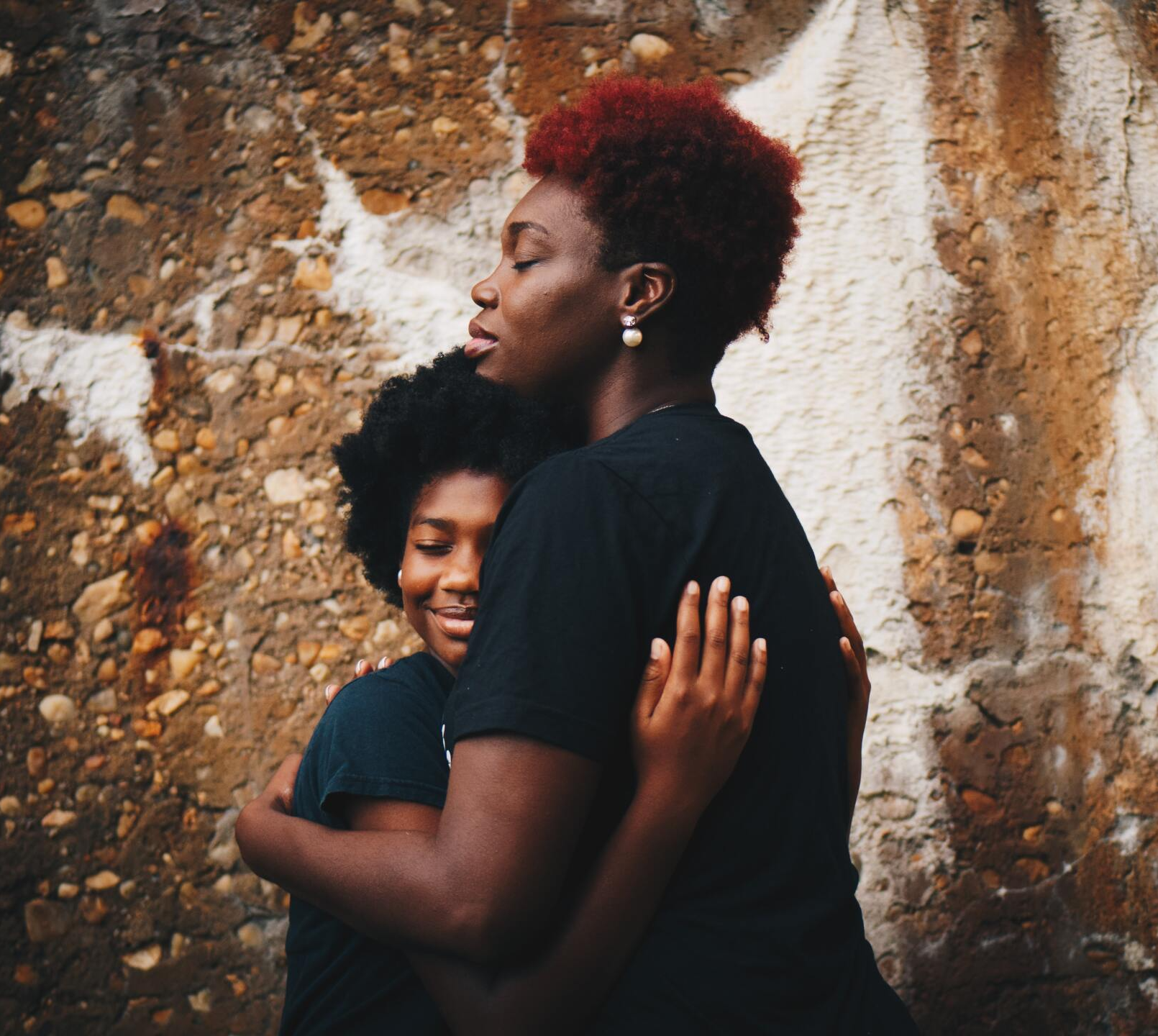The Power of Storytelling and Connection: An Empowered Parenting Guide

As parents, we all want those magical moments of connection with our children—the ones that seem effortless, where everyone feels safe, seen, and understood. But if you’re anything like me, there are also those other moments where you wonder how the day spiraled into chaos so quickly. Here’s the thing: connection isn’t always about being serious and perfectly composed. Often, it’s in the moments of shared stories and laughter that we build the strongest bonds with our children. And yes, there’s science to back it up!
Let’s explore how storytelling and humor can become your secret weapons for creating deeper relationships with your kids—and have some fun while doing it.
Why Storytelling Connects Us on a Deeper Level
Did you know that our brains are wired for storytelling? Yep, it’s true. When we hear or tell stories, our brains light up in a way that goes beyond logic and facts. Neurobiologically, storytelling activates our mirror neurons—the ones that help us experience what others are feeling. So when you tell your child a story, you’re not just passing the time or distracting them—you’re creating a bridge of empathy and understanding.
Let’s get real for a second. Kids don’t always know how to express their feelings (and honestly, sometimes we struggle with that, too). That’s where storytelling comes in. Stories give children a safe space to explore big emotions, see themselves in characters, and find a way to talk about things that might be hard to explain.
For example, when you tell a bedtime story about a brave little fox who’s nervous about starting school, your child can project their own worries onto the fox. Suddenly, talking about the school day doesn’t feel so overwhelming.
Practical tip:
Get creative with your stories! Make your child the hero of a story where they face a challenge or adventure that’s similar to what they’re going through. You’ll be amazed at how open they become about their own emotions when they see themselves in the narrative.
The Science of Laughter: Humor as a Bonding Tool
Here’s a fun fact: when we laugh, our bodies release oxytocin—the same hormone that bonds us to our babies when they’re born. So, every time you crack a joke or laugh at something silly with your child, you’re strengthening that emotional connection. But it gets even better. Laughter also lowers cortisol (the stress hormone), making everyone in the room feel more relaxed and open to connection.
Here’s why this matters. Humor teaches resilience. It helps kids (and us!) reframe difficult situations and see them from a new perspective. A shared laugh in a tough moment can remind your child that everything’s going to be okay—that you’re in this together. I always tell the parents I coach, “If you can laugh at it, you can handle it.” I stand by that.
Practical tip:
Next time you’re in the middle of a tantrum meltdown or a tense homework session, try injecting a bit of humor. Maybe make a funny face or create a goofy song about the situation. It doesn’t have to be a perfect joke—it just has to be playful enough to break the tension.
Empowered Parenting Through Stories and Laughter
Now, you might be thinking, “This sounds great, but how does it fit into empowered parenting?” I’m so glad you asked.
Empowered parenting is all about seeing our kids as the incredible, complex, emotional beings that they are—tiny humans with mighty emotions. When we use storytelling and humor, we’re not just distracting them from their feelings; we’re giving them tools to process those emotions. We’re saying, “I see you, I hear you, and we’ll get through this together.”
Here’s where the magic happens. When we connect through stories and laughter, we’re modeling vulnerability and emotional openness. We’re showing our kids that it’s okay to feel scared, frustrated, or confused—and that we can still find joy and connection in those moments. You don’t have to be the perfect parent who has all the answers. Sometimes, the best thing you can do is sit down, tell a story, and share a laugh.
Practical tip:
Create a “family story” that only you and your child know. It could be a funny anecdote from your life or a made-up tale that you revisit every now and then. These little moments become part of your family’s emotional glue, a shared experience that your child will carry with them forever.
Bringing It All Together
At the end of the day, it’s the small moments that create the biggest impact. Storytelling and humor might seem like lighthearted activities, but they’re powerful tools for building a lasting connection with your child. So go ahead—tell that silly story, make those funny faces, and lean into the joy of parenting.
Empowered parenting isn’t about doing everything perfectly. It’s about being present, showing up with empathy, and creating moments of connection that will stay with your child long after the story is over.
Remember: stories help us feel understood, and humor reminds us that even in the tough times, there’s always room for joy.
If you would like to know more tools on how to connect with your children, foster a stronger bond, and even help other parents, sign up for a free info session and
become a certified parenting coach.
Meet Your Author, Maggie Pouplis
Website: bondingnest.com
Instagram & Threads: @bondingnest
Facebook: Bonding Nest - Maggie Pouplis
With over two decades immersed in the realm of communication, Maggie brings a unique blend of experiences to the world of parenting as a coach. As a devoted parent, she has personally witnessed the transformative power of empowered parenting, breaking cycles, and nurturing authentic connections. Her belief that every child deserves to thrive fuels her passion for coaching. She finds profound joy in guiding parents toward creating bonds that last a lifetime.
READ MORE:
Curious for more?














